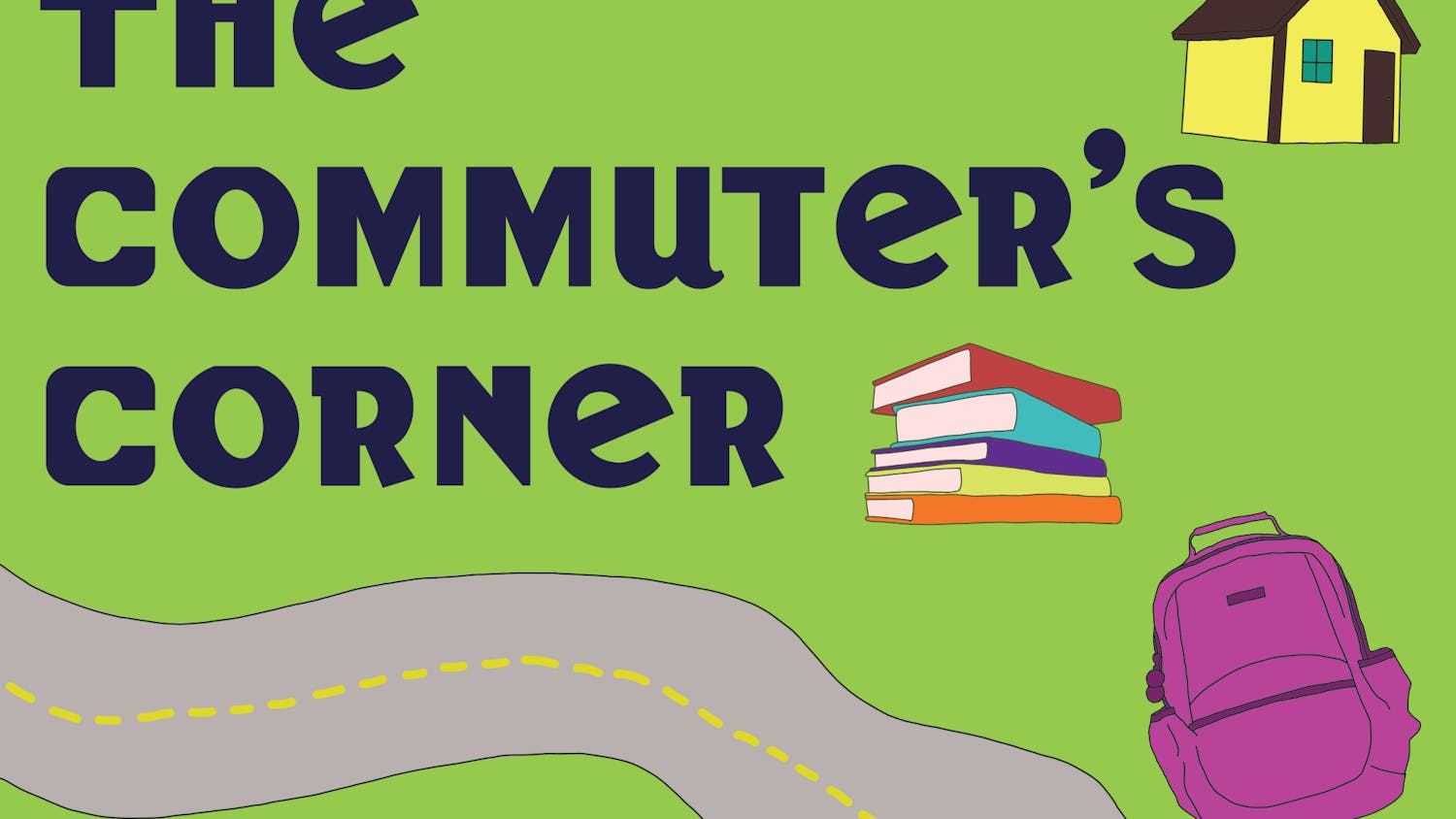While the reward of activism is, more often than not, the success of one’s efforts to help others, great honors still exist to bring the accomplishments of activists of all ages and backgrounds to the eyes of the world. The 2014 Nobel Peace Prizes were awarded in Oslo, Norway this past Friday, and one of this year’s winners was my hero, Malala Yousafzai from Pakistan. The second honor went to Kailash Satyarthi, who has been an activist from India for over three decades. Both winners were awarded based on their activism for children’s freedom and educational rights around the world and in their respective nations.
While I have written about Yousafzai before, allow me to repeat her amazing story: Yousafzai has been an activist for children’s education since before she was a teenager. At the age of 11, Yousafzai gave her first speech on Pakistani girls’ right to basic education after threats from the Taliban, which included bombing girls’ schools in the area to keep them from receiving an education. A few months later, Yousafzai started posting anonymously as a BBC blogger to keep the world up to date on the terrorism she was experiencing. When her identity from the blog was revealed, members of the Taliban (who were caught and arrested about a month ago) stopped the bus that was taking her and her female classmates to school and shot her in the head. The bullet missed her brain and she survived.
Yousafzai’s Nobel Peace Prize win comes almost exactly two years after her attack. After spending her childhood and teenage years fighting for other children’s rights, she is now the most recognized activist for children’s education in the world. At 17 years old, Yousafzai is now the youngest Nobel Peace Prize winner ever, according to the Nobel Prize website.
Satyarthi, 60, gave up his career as an electrical engineer to address the human trafficking issue in his home country of India, and he has been a grassroots activist to end child slavery since 1980. According to the Nobel Prize website, his motivation for his efforts was “for their struggle against the suppression of children and young people and for the right of all children to education.”
Even in the face of violent attacks aimed at himself from groups holding trafficked children and other major setbacks during his 30-plus years of service, Satyarthi never gave up his fight to free enslaved children and bring them back to a better world with the proper education and care they deserve. Over his decades of service, Satyarthi disregarded his personal safety and well-being to rescue the invisible children of child trafficking, according to a New York Times article about Satyarthi.
I could not be more excited about these victories and what they mean for children’s causes, and I hope both of the winners’ messages will be amplified due to their historic recognition.
As Yousafzai said upon receiving her Nobel Peace Prize, “This award is for all those children who are voiceless, whose voices need to be heard. I speak for them, and I stand up with them.”






